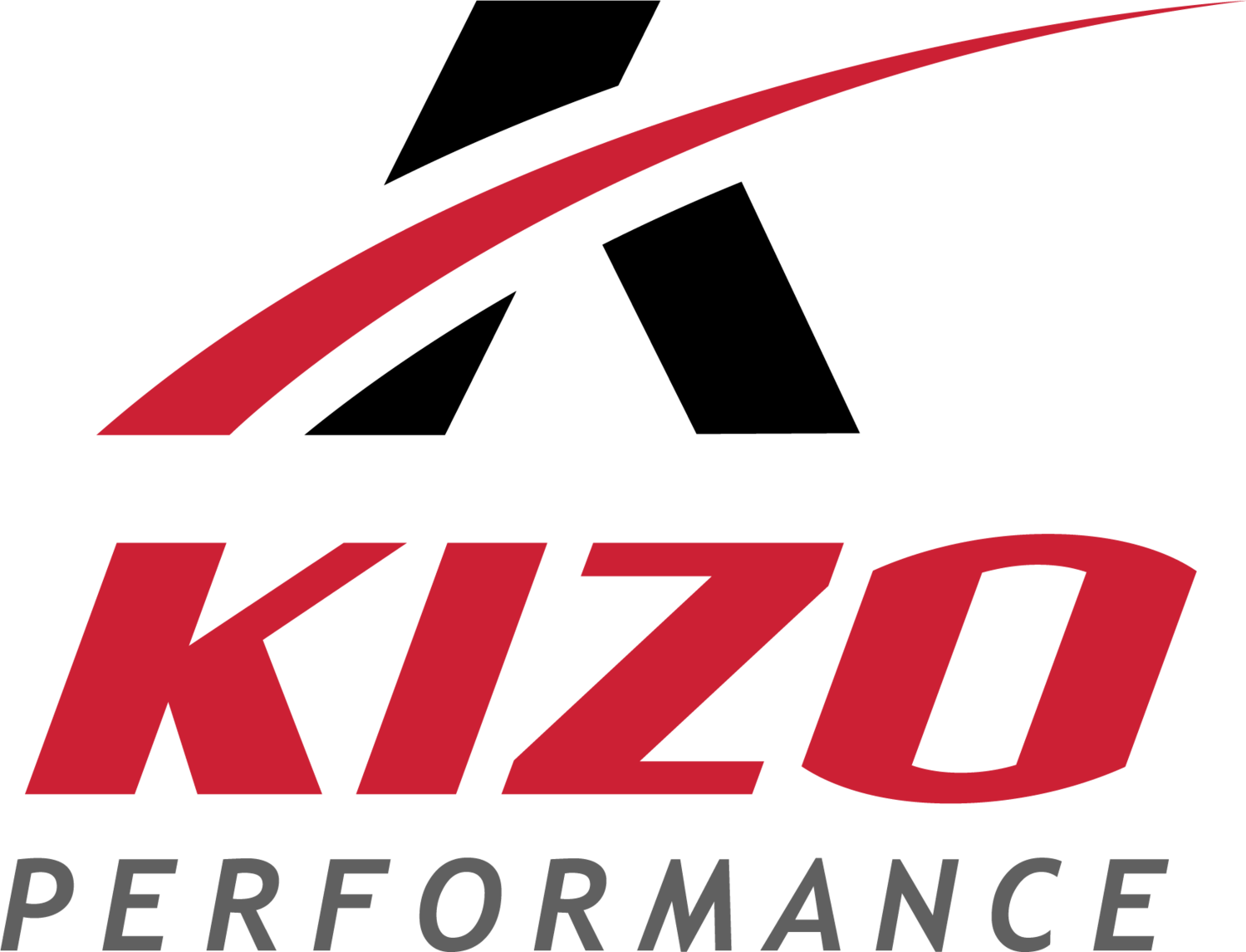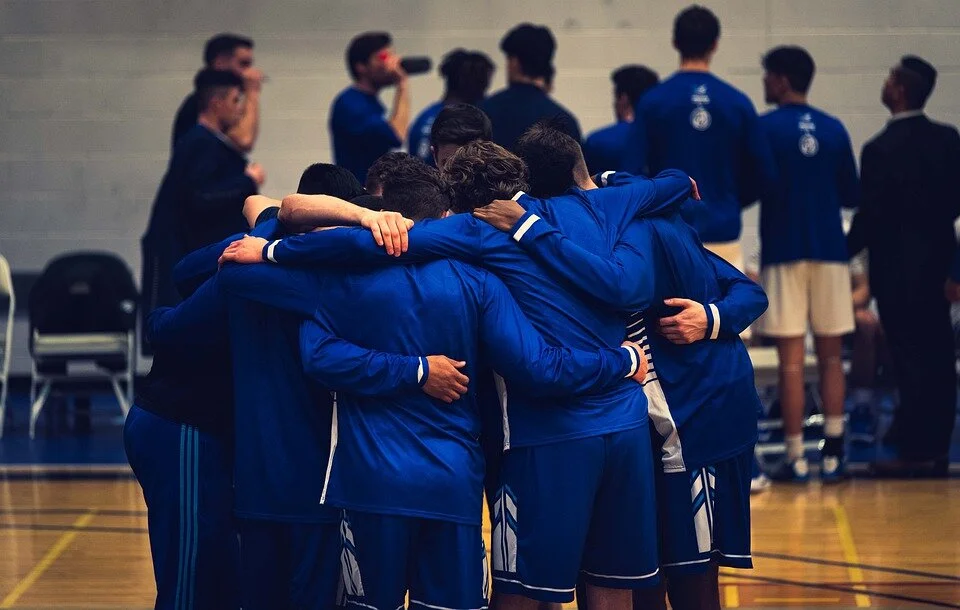Creating Team Cohesion
Reading time: 5 minutes
What you’ll learn
What is team cohesion
How does teamwork affect cohesion
Strategies to implement to strengthen your team’s cohesion
When we look at a failing team, we often attribute their losses to untalented athletes, poor coaching, or a lack of strategy. But what about the invisible forces that are only present to those within the team?
There is a strong mental energy that is shared among like-minded teammates, and though we cannot see it, it can make or break an entire season: Team cohesion.
What Is Team Cohesion?
Team cohesion is the tendency for a team to stick together and remain united in pursuit of its goals, and it is present in more than just the field of sports. Militaries, healthcare professionals, and even office workers can all exhibit team cohesion, making it a valuable outcome to understand in order to effectively work in groups and achieve objectives.
When we discuss team cohesion, it’s important to understand that cohesion is just one variable in a complicated network of factors that make up team dynamics, none of which are uni-directional, meaning they all influence each other. For example, increasing team cohesion will gradually increase performance, but it works in the opposite way as well, as better performance will also result in higher cohesion. It’s more effective to examine cohesion as just one piece of the puzzle rather than the solo factor, the same way we should be examining individual team members as part of something greater instead of focusing on the individuals as the reason for the team’s successes or failures.
The Importance of Teamwork
One factor that influences team cohesion is the level of teamwork perceived by the athletes, or how well they work together to achieve a goal. McEwan performed a study on 178 Canadian athletes to examine what processes led to higher team cohesion. Athletes’ emphasized that good teamwork showed a strong correlation to their sense of team unity, team efficacy, and satisfaction with their team’s performance.
McEwan and Beauchamp identified 5 key components of teamwork:
Preparation: Identifying team’s mission, goals, and strategizing
Execution: Communication, cooperation, coordination
Evaluation: Assessing performance on previous task
Adjustments: Determining how performance can be improved using novel strategies and giving verbal feedback to teammates
Management of Team Maintenance: Dealing with conflict between teammates and providing interpersonal support
Learning from failures what is and isn’t working for the team is extremely valuable when it comes to creating cohesion. When teammates learn how to better support each other and work together, they will develop a greater sense of commitment to the team, as well as an overall greater interest in pursuing the collective goals of the team. These outcomes will predict performance.
Leadership
Another process that has been shown to increase team cohesion is transformational leadership, which is to have a leader that inspires and cares for their teammates in exchange for respect and trust. A strong leader helps to enforce strong team roles and norms, solves conflicts within the team, and sets an example for the other athletes. Creating strong communication between athletes and their coach, as well as establishing a strong team environment can also be done by leaders.
Making It Happen
The performance of a team is a result of skill, strategy, and hard work, but it can also be a sign of how connected and committed teammates are to each other. Here are some ways to implement these interventions to make your team stronger:
Create a team contract that includes the team’s mission, the roles of the players, their commitment, and what happens if a player breaks the contract. Have every player sign it and keep it visible in the team space. Hold every player accountable.
Use imagery as a team building routine. Rather than using it individually, create a group scenario for the players to imagine that requires teamwork to solve. Do it before every game.
Appoint a captain not based on athletic skill, but by their leadership skills: Are they inspiring? Do their teammates respect them? Can they hold others accountable?
Wear uniforms whenever the teammates are together.
During COVID, create time for the athletes to meet online together and maintain social interaction.
Check in with the player's mental health the same way you would with physical health.
About the Author
Willa Hladun believes that every individual has the tools within them to excel at their craft. She wants to help others achieve their potential through mental training and understanding that the mind can be your biggest obstacle when starting a new path or reaching new heights. She has a BA in Psychology from the University of Victoria.





